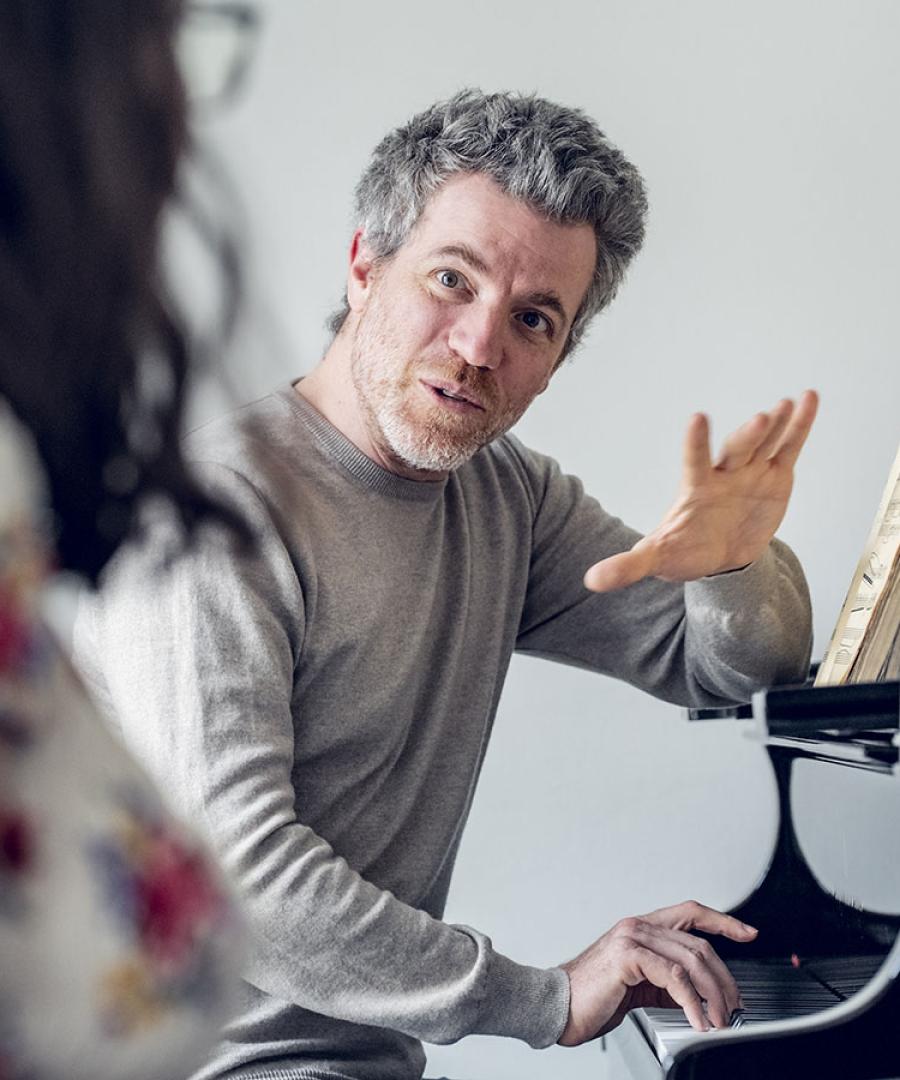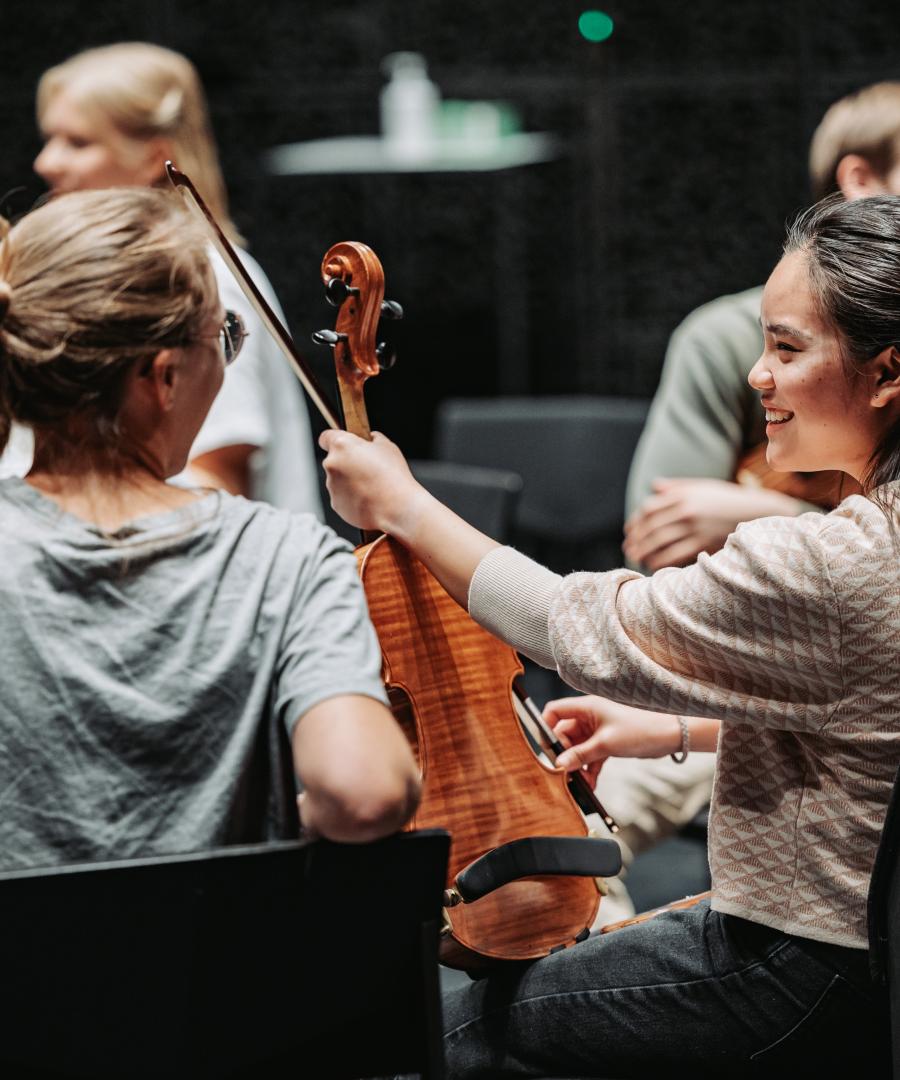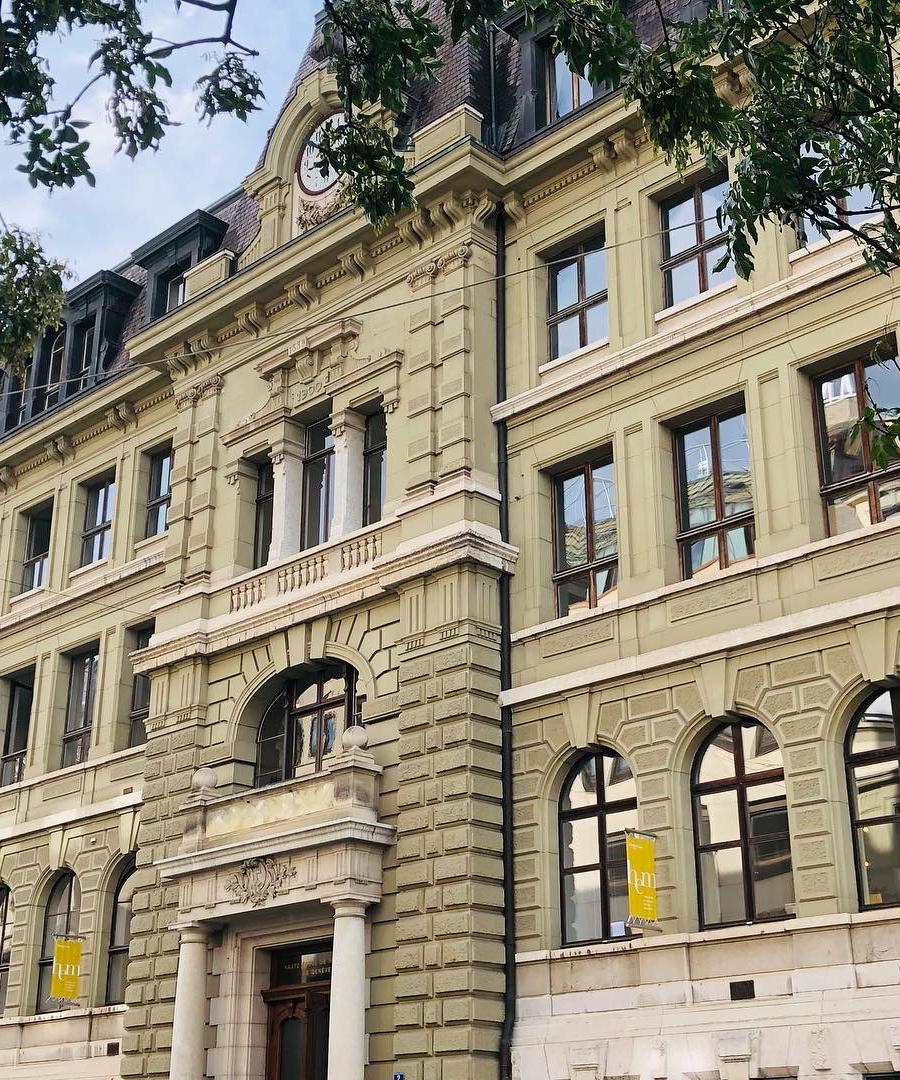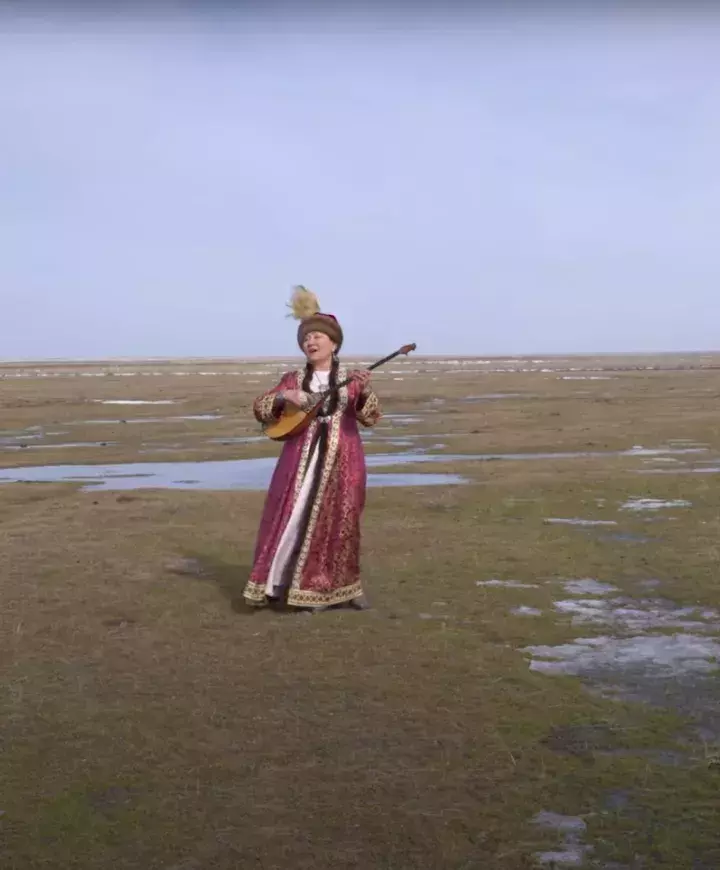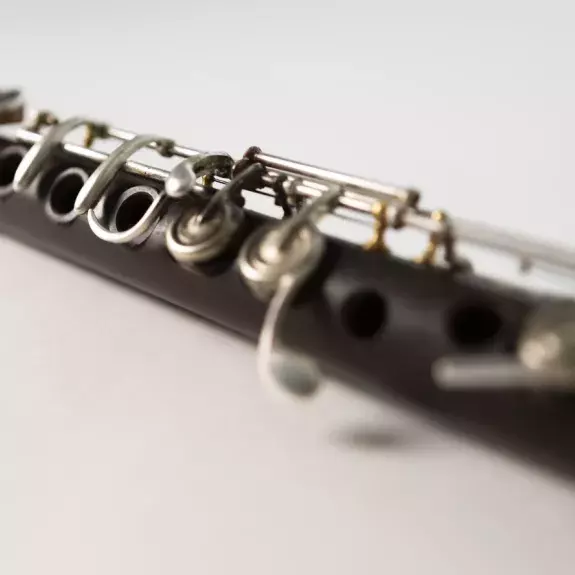- Studies
- Disciplines
- Research
- Events
- The school
Kazakhstan - From steppe to opera house
The influence of European singing schools on the construction of specific models of vocal pedagogy in countries with no operatic heritage.
This project looks at the influence of European singing schools on lyric vocal technique taught in countries with a recent lyric tradition: Kazakhstan and Greece. The two countries share a number of similarities at the same points in history: in terms of the search for and affirmation of a national identity, the introduction of opera by foreign companies, the opening of the first opera theatre in the same year (1941), and the influence of foreign artists and teachers on the establishment of vocal teaching in the countries concerned.
Through historical, scientific and pedagogical research, we hope to shed light on the integration and transformation of the above-mentioned influences in Kazakh and Greek vocal pedagogy. Reflection on the specific features of these techniques will enable us to determine the extent to which they can still be considered as living testimony to vocal approaches of the European past. A cross-disciplinary event, attended by participants in the project as well as pedagogues and students from the institutions involved, will compare the specific approaches of the schools studied in solving selected contemporary vocal problems.
The innovative aspect of the approach lies in the teams responsible for the project: the opera singers themselves will manage the scientific tools used in this research project, in line with their own practical knowledge of the vocal gesture. The scientific interpretation of the data will take into account the needs and concrete realities of the functioning of the vocal apparatus in relation to the singers' conscious technical or aesthetic choices.
